When it comes to auto maintenance, a lot of drivers often overlook parts like tires and brakes in favor of servicing the engine and changing the oil. However, extending tire life may be greatly aided by regular brake checks. This article explains how good maintenance may result in safer, more economical driving by examining the complex link between efficient brake performance and tire longevity.
Knowing the Mechanics of Brakes
One of a car’s most important safety features is its brake system. When needed, they use friction to transform kinetic energy into thermal energy, which allows the vehicle to slow down or stop. Braking systems come in a variety of forms, such as drum and disc brakes, each having unique wear patterns and upkeep requirements. Brakes that are not correctly aligned or in poor condition may put unequal pressure on the tires, which can cause early tire wear and tear. This is the reason why regular brake checks are essential for both your tires’ health and safety.
The Impact of Brakes on Tire Wear
Unbalanced tire wear might result from uneven brake wear. Uneven tread wear may occur, for example, if one brake caliper sticks or isn’t working properly, causing one tire to carry more weight than the other. In a similar vein, misaligned brakes may cause a tire’s sidewalls to degrade more quickly than the other. These imbalances affect traction, handling, and the general performance of the vehicle in addition to lowering tire quality. Frequent brake checks may aid in the early detection of these faults, enabling drivers to make the required corrections before they become serious tire concerns.
The advantages of regular brake inspections
Frequent brake checkups by the Auto Services in Clearfield, UT guarantee that braking systems are operating at peak efficiency, which prolongs tire life. The brake pads, rotors, fluid levels, and overall brake function are usually checked during inspections. Ensuring the ideal condition of these components guarantees the even distribution of force exerted to the tires. Additionally, technicians are able to see any problems like brake fade or overheating, which over time may have a detrimental effect on tire performance. In the end, maintaining brake control improves the dynamics of the car overall and increases tire and brake life.
The Economical Nature of Upkeep
Over time, preventative maintenance results in financial savings. Regular brake checks will help find any issues before they become more serious, which can eventually save money on expensive tire replacements. Tires are an expensive investment that has an impact on handling, safety, and fuel economy. Drivers may lessen how often they need to change their tires by keeping their braking system functioning properly. As such, setting aside money for regular brake checks is not only prudent, but also prudent from a financial standpoint.



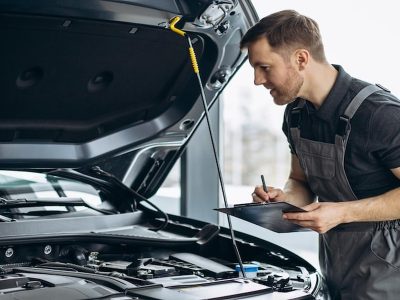
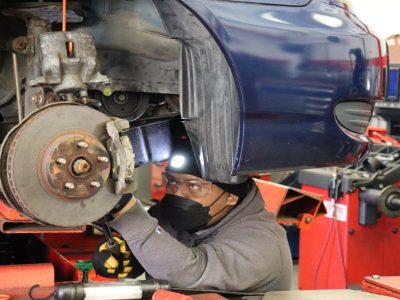



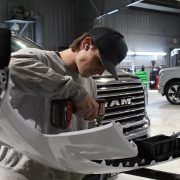


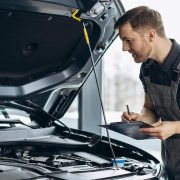
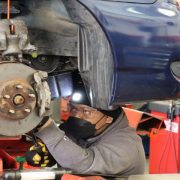
Comments